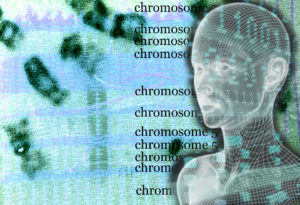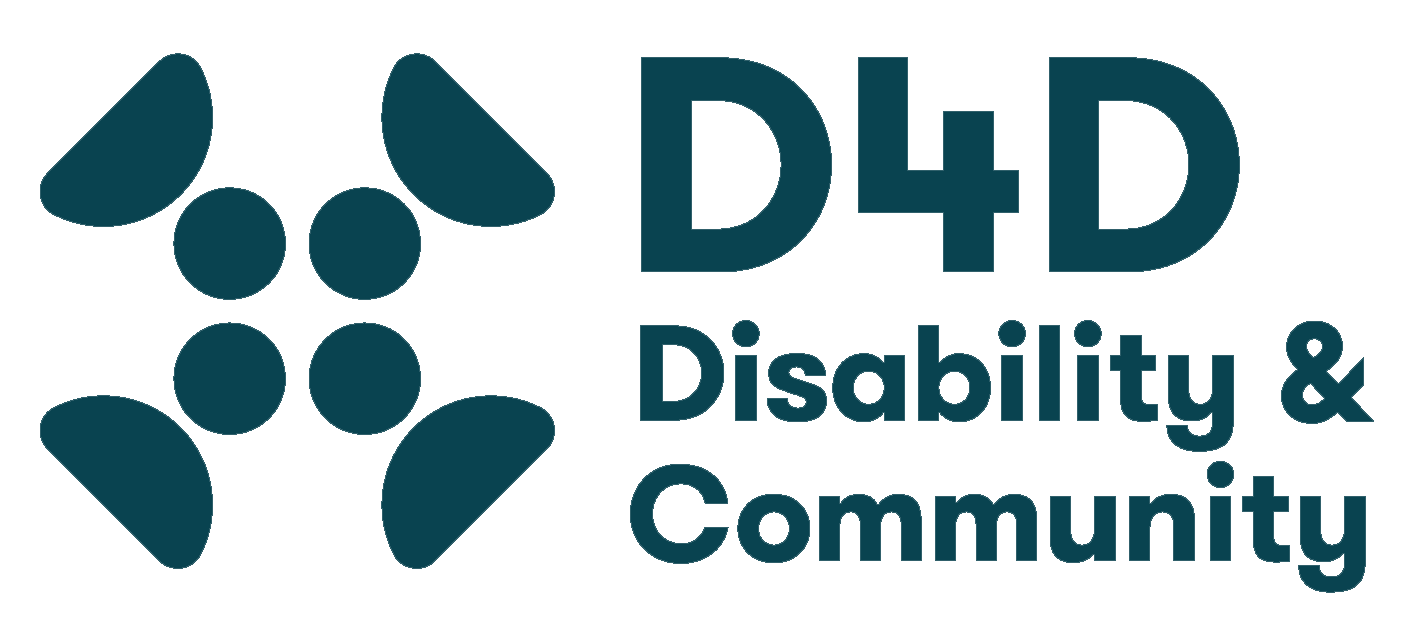 By Esther Fox
By Esther Fox
I’m interested in understanding what it means to be a disabled person, in the past, present and future. In particular, how troubling legacies from the past may effect our agency and identity today, where our affinities lie and what it means to have a sense of belonging. I believe that understanding our heritage helps to shine a light on some of these questions.
I also believe we need to explore what it might mean to be a disabled person in the future. Science Fiction offers us a unique and exciting framework to imagine what the future may look like. In particular it enables us to imagine the future before it happens: an early warning system outlining inherent dangers in those prophesies, or in contrast, the promise of benefits and enhancements.
Medical science subsumes all other views within its orbit, yet it is ill equipped to predict the wider sociological impacts that may occur with the reduction or abolition of ‘abnormality’. I am interested in how looking towards genres outside of medical science, such as socially engaged arts practice, film and literature, and exploring how this can enable an alternative critique of their utopian arguments.
It is not just medical interventions on a biological level that threaten to intervene with our bodies and in turn with what it means to be human, but machines are also stepping in. Touring Bristol Robotics Laboratory felt like I had stepped into the future; especially as even the means by which I was negotiating the space was ‘virtual’. As I steered my telepresent self through the corridors, I raised the screen to see up and into windows, witnessing people researching the latest in driverless cars or drones. But perhaps more eerily, I was guided into a kitchen, set up with a robot torso observing and talking with you, providing a benevolent voice reminding you to take your medication or that you had left the oven on.
My immediate thoughts turned to dystopian science fiction futures such as Ex Machina, where the robot (or more specifically the artificial intelligence) develops a rebellious and ultimately malevolent consciousness, resulting in the deaths of those who had created her. However casting aside those concerns, I could certainly understand the very real benefits of the robots being demonstrated here. My mother in law has Alzheimer’s and some of the gadgets on display would certainly help to put our minds at rest, as well as potentially provide more peace of mind for her.
The other significant thing for me was I was observing these things myself as a telepresent robot. I had steered my computer screen with my face on it, down the corridors interacting with people on the way. This is like Skype but 100 times better. I am in control of where I physically want to go, by using the forward and back arrows on my keyboard, and I can raise the level of the screen to be at standing height with those I am communicating with.
I was expecting to feel uneasy and self-conscious and I instead felt quite the opposite. Perhaps this was because negotiating unfamiliar territory came with none of the usual challenges; can I get in there, will there be steps, am I already tired from the long journey before I even begin to engage with those around me? I was able to fully experience this space sat nearly 200 miles away from the comfort of my own home. And it didn’t feel unsatisfying; my experience of chatting with Dr Praminda Caleb-Solly and her colleagues seeing where all these ideas began, felt real, tangible and like an exciting prospect for new ways of accessing spaces and being present.
As disabled people we often remain invisible or silenced. The research associated with another project I oversee, History of Place, has demonstrated that the archival record is often silent in relation to the voices of deaf and disabled people. We loudly hear from the gatekeepers, the founders of institutions, the doctors, the teachers; but we don’t hear from the disabled people themselves.
Currently the most powerful voices in the discussions relating to medical ethics are often the medics; not those with the lived experience of the conditions they express an expert knowledge in. I believe we must challenge these accepted notions of expert and the power imbalances. Therefore anything that enables us to have more opportunities to be ‘present’ rather than ‘absent’ has to be a good thing.
Rather than the robot threatening what it means for us to be human, perhaps it offers us an opportunity to capitalise on those opportunities of agency and dignity; a way for us to gain peace of mind and have presence in a world where we might otherwise be a silenced voice.
